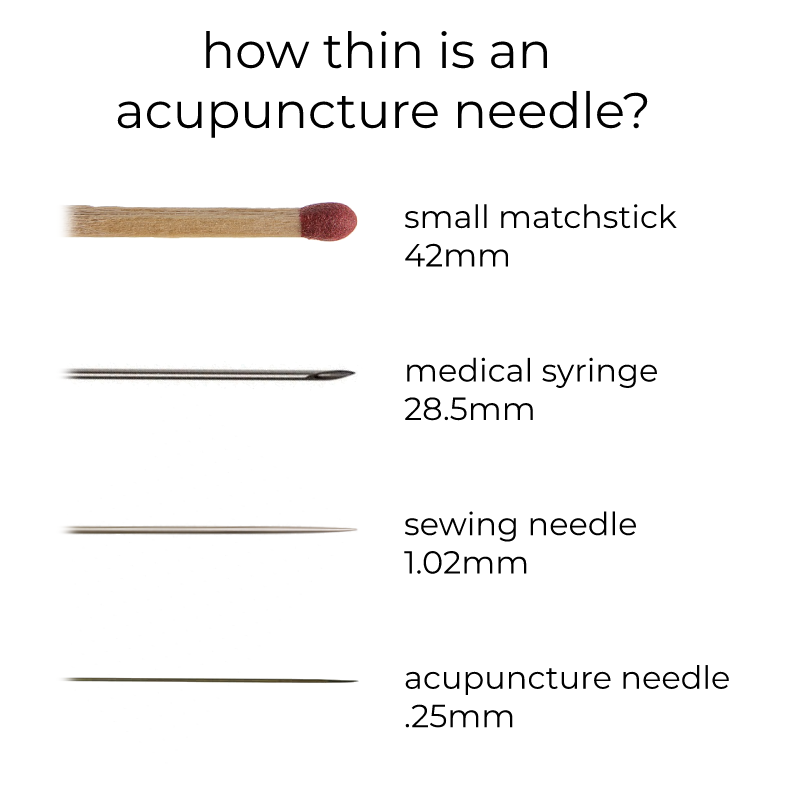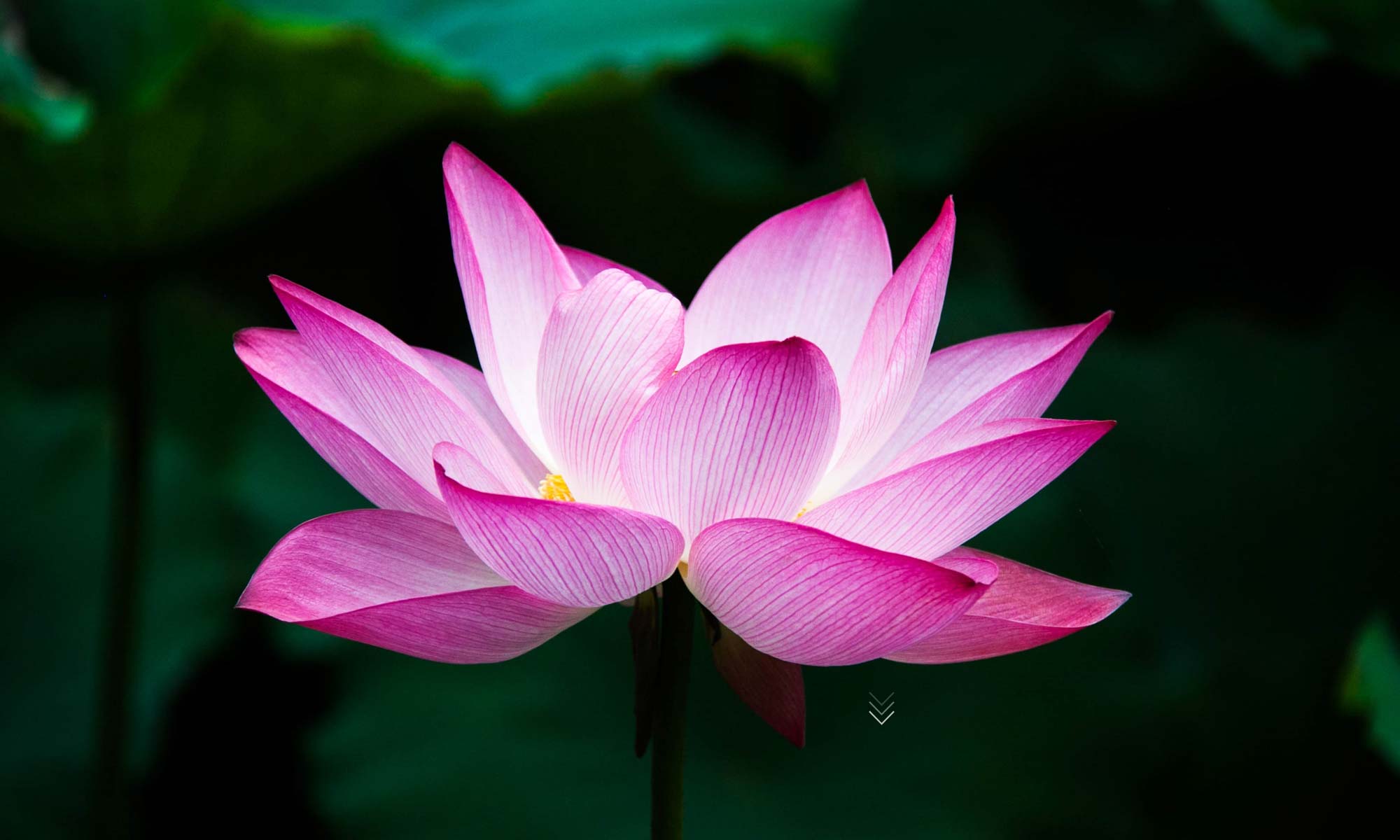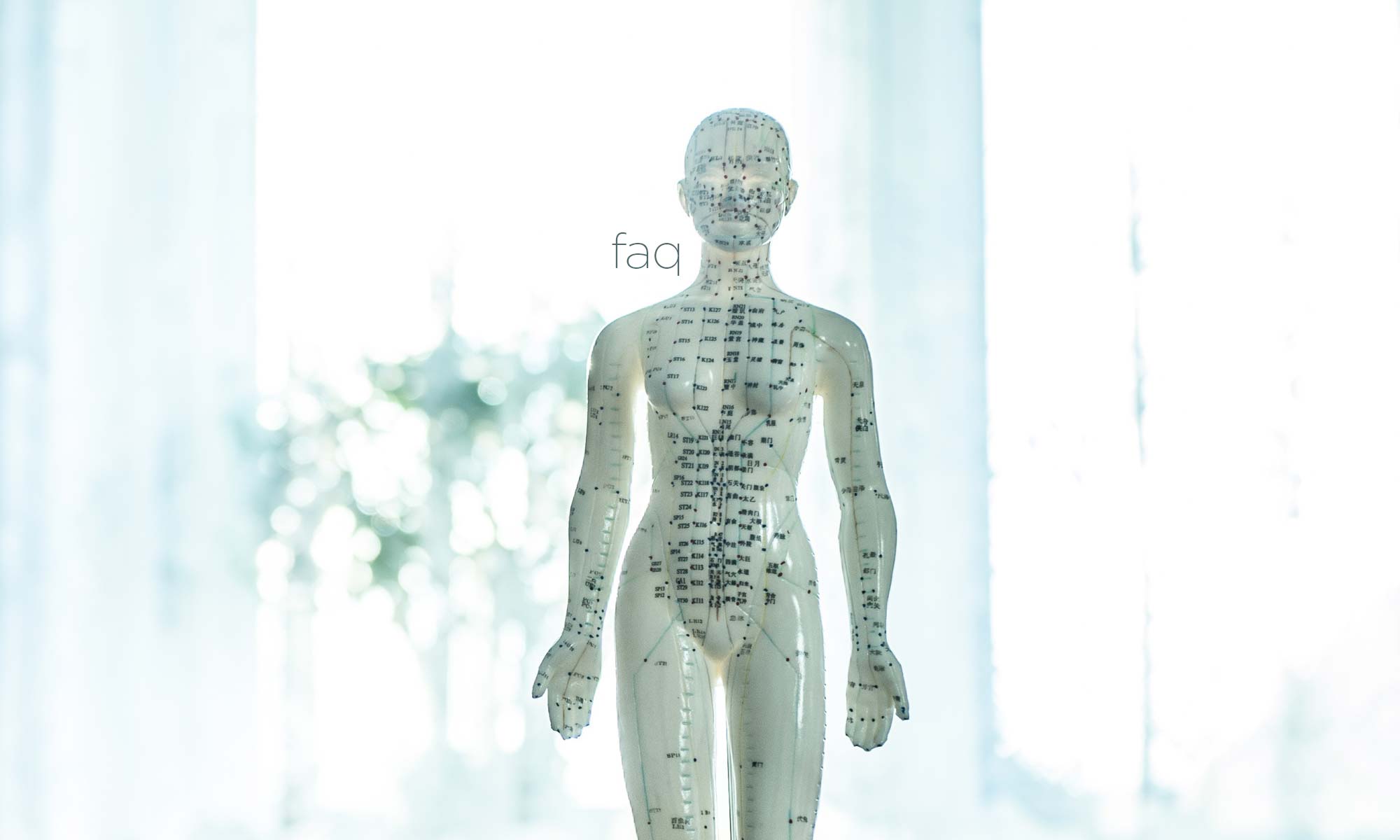What is acupuncture/Chinese medicine?
Chinese Medicine is a complete medical system that includes acupuncture (using fine needles to stimulate specific points on the body), as well as herbal prescriptions, tui-na massage, moxabustion, acupressure, electro-stimulation, cupping, and nutritional and lifestyle counseling.
Can I combine acupuncture with other medical treatment?
Acupuncture can be used alongside conventional Western medicine, osteopathic medicine, chiropractic treatment, or naturopathic medicine.
At Points of Healing, we believe in an integrative approach to health, encompassing all types of medicine in order to achieve maximum wellness. Chinese medicine is widely being recognized as a powerful adjunct to conventional Western medical treatments, not only in helping alleviate side effects of many conventional treatments and medications, but also in improving the efficacy of conventional treatments. Acupuncture helps speed up recovery, increase circulation, reduce inflammation, reduce pain, strengthen the immune system, and improve overall health and vitality.
It is important that you inform your acupuncturist of all of your other treatments as well including all prescriptions, vitamins, and supplements that you may be taking.
How long will treatments take?
The initial consultation and treatment can take approximately 90 minutes. Follow-up visits typically take 40 to 60 minutes. At Points of Healing, we…
Will acupuncture help me?
The World Health Organization recognizes acupuncture and Traditional Chinese Medicine’s ability to treat over 43 common disorders, including…
- Respiratory Disorders: Emphysema, sinusitis, hay fever, asthma, allergies, bronchitis, seasonal allergies
- Gastrointestinal Disorders: Food allergies, constipation, indigestion, gastrointestinal weakness, anorexia, gastritis, gas, colitis, spastic colon, nausea, vomiting
- Urogenital Disorders: Stress incontinence, urinary tract infections, sexual dysfunction, enuresis (bed wetting), urinary problems, prostate problems
- Gynecological Disorders: Irregular menstruation, dysmenorrhea (painful periods), amenorrhea, infertility, menopause, premenstrual syndrome, pelvic pain
- Disorders of the Bones, Muscles, Joints, and Nervous System: Arthritis, migraine headaches, neuralgia, insomnia, dizziness, vertigo, low back pain, neck pain, shoulder pain, whiplash, bursitis, carpal tunnel syndrome, fibromyalgia, thyroid problems, sciatica, leg cramps, (TMJ)
- Circulatory Disorders: Hypertension (high blood pressure), hypotension (low blood pressure), angina pectoris, arteriosclerosis, anemia, poor circulation, edema (ankle swelling)
- Emotional and Psychological Disorders: depression, anxiety, nervousness, addiction, Attention Deficit Disorder (ADD), detox for chemical dependency
- Injuries: Auto, home, sports, work
- Chronic Pain: Hip, back, shoulder, neck, knee, ankle, sciatica, fibromyalgia, migraines, arthritis, headaches
Do you accept my insurance?
For the patient’s convenience, we provide a Superbill upon request for direct reimbursement from your insurance.
How does acupuncture work?
The vital substance called qi (pronounced “chee”) circulates in and around the body in specific pathways called MERIDIANS that communicate with the internal organs through the stimulation of certain points along these meridians.
What is qi and what does it do?
In English, qi (pronounced “chee”) often translates to “energy” or “vital force.” Although qi is invisible, its presence is especially important in the workings of the body’s organs. One’s good health depends on a balanced distribution of qi throughout the meridian system.
What happens if the flow of qi becomes blocked?
Any blockage of qi or disruption of the flow of qi will inhibit the nourishing of the body’s vital systems and can lead to symptoms such as pain, a weakened immune system, and ill health.
Is acupuncture painful?
Unlike hypodermic needles in Western medicine, acupuncture needles are as thin as hair and flexible making insertion nearly painless. Some patients…

Will I have any side effects?
Side effects are very rare. Occasionally there may be a drop of blood or bruising when the needles are removed. The most common side effect is a feeling of profound relaxation during and immediately following the treatment.
How many treatments will I need?
Because each patient’s health problems and response to treatment are unique, the number and frequency of treatments can vary. Typically, the recommendation is for four to six treatments at a weekly interval and then followed by maintenance once every one to three months. Some patients…
Are acupuncture needles sterile and safe?
Yes. The government requires acupuncturists to follow very strict safety procedures. In addition, acupuncture needles are single-use only and are manufactured, packaged, and shipped in sterilized containers to ensure compliance with the law. Once an acupuncture needle is used, it is discarded in a medical-grade sharps container for proper disposal.
How old is acupuncture?
Based on archeological evidence, it is believed that rudimentary acupuncture was practiced as far back as 5000 to 7000 years ago. The first formal records of acupuncture were compiled in China and date back to between 100 to 300 BC. As the science evolved, different forms and “styles” of acupuncture developed and have continued to evolve to the current day.

